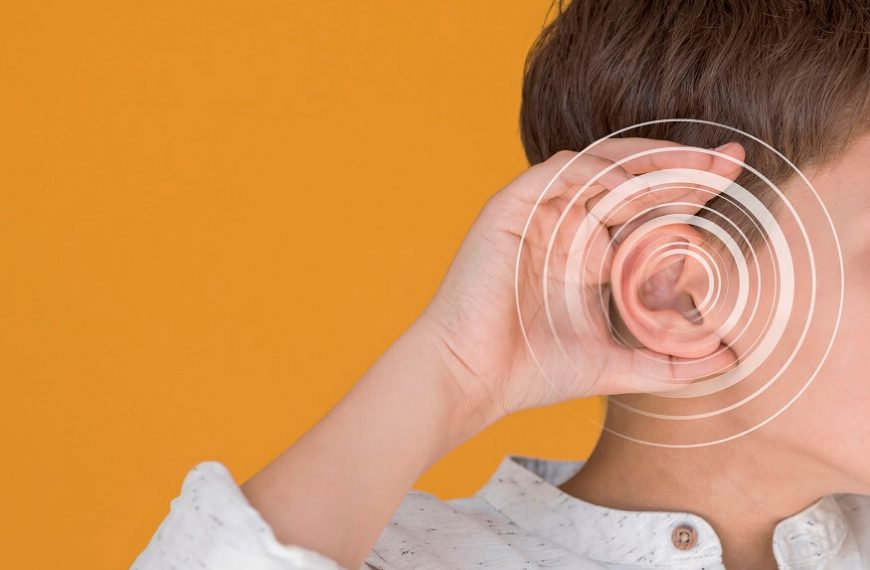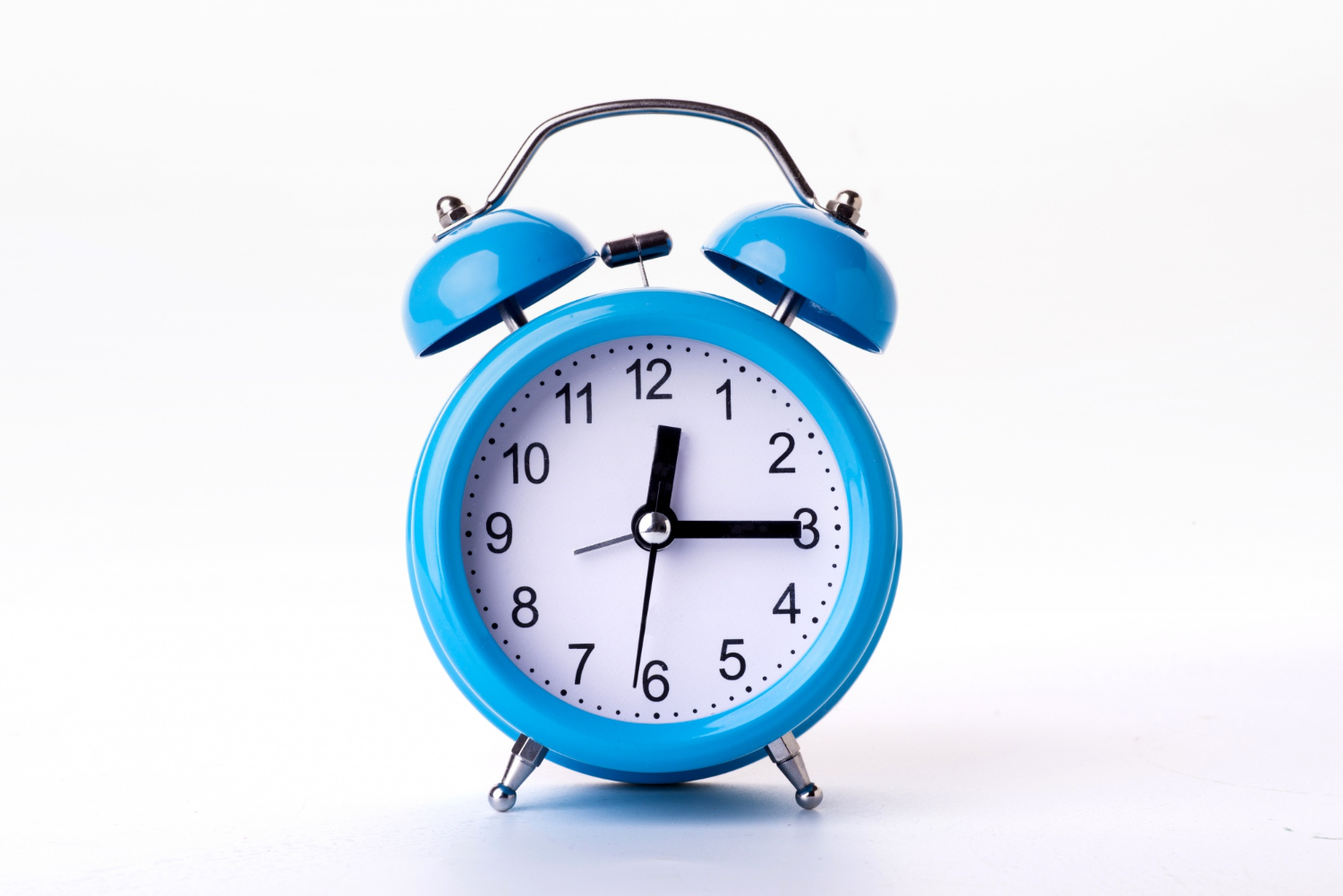The Sense of Hearing just like all other Senses, is something we all take for granted.
The loss of hearing in children, however, is a very real issue. It can happen at any age, without any sign of warning. It can affect their ability to develop speech, language and even social skills!
If you are a parent and think that your child might be suffering from hearing loss, you need to schedule a visit with your doctor. Before you go there, you might want to read this article that takes a close look at hearing loss in children.
Are you ready to ‘Listen’ to the information we have curated for you? Information pertaining to ‘What is Hearing Impairment?’
Read on, to hear it ‘Loud and Clear!’
Hearing Impairment: What it is
It’s hard to imagine not hearing well, but what ‘exactly’ is Hearing Impairment?
The loss of hearing can happen when any part of the Ear is not working properly. When any one of its following components might not be functioning normally:
- Outer Ear
- Middle Ear
- Inner Ear
- Acoustic Nerve
- Auditory System
The Types of Hearing Impairment in Children
There are essentially 3 main types of hearing loss that can occur in children. Here’s a look at each of them, and their accompanying characteristics.
Sensorineural
This one involves a loss of function of the inner ear. The conditions that can be acquired by children who have this kind of hearing loss, include the following:
- Loud noise exposure
- Damage from medicines that are harmful to the ears
- Prematurity, or low birth weight
Conductive Hearing Loss
This is a problem that occurs in the Outer or Middle Ear. Here, sound waves are not sent correctly to the Inner Ear.
Note: This is the most common type of hearing loss in children that often occurs after birth. The conditions acquired by kids who have this hearing loss include:
- Excessive wax
- Things getting stuck in the Ear, like beads or popcorn kernels
- Ear infections
Mixed Hearing Loss
This one’s a combination of both types of hearing loss listed above. It implies damage to the outer, middle or inner ear, or the auditory nerve.
Causes of Hearing Loss in Children
While hearing loss often happens in childhood, it can arrive at any point in an adult’s life, too.
Here are a couple of factors that increase the chances that a child will have hearing loss.
- Genetic. About half the cases of hearing loss in children, is on account of Genetics. Also, 1 out of 3 babies with genetic hearing loss, also have a ‘Syndrome.’ This implies that they have another condition in addition to their Hearing Loss, like Down Syndrome.
- Pregnancy. Around 25 percent of the cases of hearing loss in babies owe their cause to maternal infections during pregnancy, and even complications after birth. For instance, a special procedure like a blood transfusion, to treat bad jaundice.
Characteristics of Hearing Impairment in Kids
As a parent, you are of course keen to know what the Characteristics of Hearing Impairment in children might be. After all, the last thing you want is for a potentially hazardous situation, to get way worse than it should.
Here are some of the signs you need to look out for. Signs that might indicate that your child might be suffering from Hearing Impairment.
- The Speech-Sound system is delayed. Moreover, the child is also not developing sounds in an appropriate fashion.
- Ear infections are frequent.
- There is a family history of Hearing Impairment.
- Children have difficulties in listening.
- There is a delay in their language skills.
- They are not performing well at school.
- There is a clear lack of response to noises that are loud and sudden.
- They have behavioural difficulties.
- Their balance is affected. This is on account of the gross motor difficulties that stem from the dysfunction of the middle ear.
- They have poor coordination.
Screening and Diagnosis of Hearing Loss
As observant as we might be, it is better to leave the diagnosis of hearing impairment in our children, in the safe hands of doctors.
Hearing Screening is a good way to understand if your little one might have hearing impairment of any kind. The good news here is, it is not painful at all. In fact, babies that are screened for their hearing are often asleep during the process. What’s more, the entire process takes only a few minutes!
In the Case of Babies
All babies must be screened for their Hearing, no later than when they are one month old. The reality is, most babies have their hearing screened while they are yet at the hospital.
Note: If your baby does not pass that hearing screening test, they ‘must’ get a full hearing test as fast as they possibly can. That being said, this should be no later than when they are 3 months old.
In the Case of Older Children
All children must get their hearing screened, before they find themselves going to school. Also, whenever there might be concern of any kind, vis a vis their hearing.
Note: Just as is the case with babies, children that do not pass the Hearing Screening Test need to undergo a full hearing test as quickly as possible.
Possible Treatments for Hearing Loss
A good treatment for Hearing Loss necessitates close monitoring and timely follow-ups.
There are different types of communication options for children who have hearing loss. Some of these are:
- Seeking out other ways to communicate. Sign Language is one of these.
- Technology that can help with communication. This includes Cochlear Implants and Hearing Aids.
- Medicine and even possibly, Surgery. For some types of hearing loss, these are the best options.
At EuroKids we are of the firm opinion that Hearing Loss in children is something that every parent needs to take seriously. Hearing Impairment, if left untreated, can severely impede a child’s Verbal and Emotional development. If you notice any signs of a problem in their hearing, rush them to their doctor immediately.
















